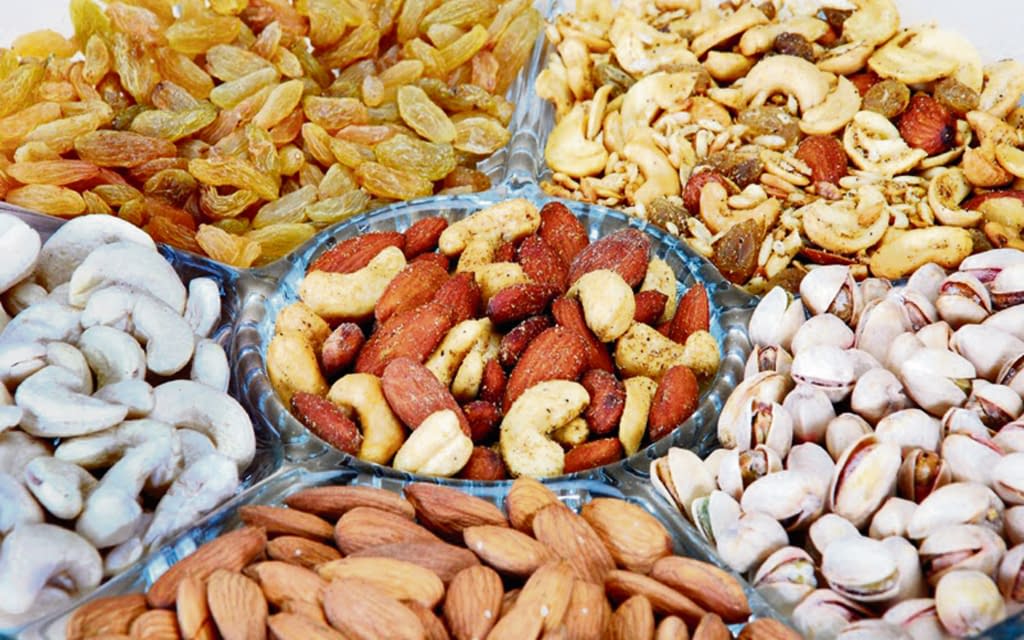There are some people who achieve a status of eternal respect due to their work and achievements. His efforts for collective interests are remembered even after years.
Among such people of Sindh, one name is Taj Sehrai. He was enlightened in his ideas and actions, educationist, writer, poet, researcher, historian, commentator of Shah Abdul Latif Bhitai and archaeologist. Due to his scholarly, literary, teaching and research work, he made a distinct identity in Sindh of the 20th century.
His greatest work, among other services, is considered to be the establishment of the Makhdoom Talib-ul-Mola High School in Dadu, Sindh. He along with his colleagues Ali Ahmad Qureshi and others first established a middle school in Dadu and later extended it to matriculation. Regarding this school, before his death on October 18, 2002, he gave an interview to a well-known writer Panhour and said, “(We) established a middle school in 1952, which I attended in 1956 until matriculation.”
At that time I needed money for the school laboratory and library. In this regard, I went to Makhdoom Talib-ul-Mula, because I had a literary ceremony from him. He gave me ten thousand rupees for school. With this money I established the school laboratory and library.
Taj Sehrai’s son and the current vice chancellor of Sindh Madrasah al-Islam University Dr. Mujeeb Sehrai said in a meeting that his father had established a school hostel, where children from different parts of Sindh came and lived and with the light of education. There were lights.
Importantly, 67 years ago, Dadu area was not socially developed like other areas, it was also dominated by traditional thinking, but Taj Sehrai not only introduced co-education in his school but also introduced art and Music was also made a part of children’s education.
The happy thing is that in 2023 such a decision was taken by Sardar Ali Shah, Minister of Education and Literacy Department of the former government of Sindh by appointing music teachers for the schools of Sindh.
Dr. Mujeeb Sehrai further says about his father, “Baba appointed Ustad Saleh Sand, who received art training from Sindh’s classical artist Ustad Manzoor Ali Khan, as a music teacher in the school.” She further says, “Taj Sehrai educated not only her sons but also her daughters.” He emphasized the equal role of women in social development.
These enlightened people thought and worked for the development of their nation and the development of their future generations instead of themselves.
Taj Sehrai also has an important research work on Indus Valley Civilization which is preserved in his book “Sindhu Civilization”. Badar Abaro, a prominent researcher of the current era of Sindh, writes in one of his articles that the ancient monuments in Dadu district, including Ranikot, were first brought to light by Taj Sahrai Sahib in the 1980s.
Taj Sehrai Sahib’s academic activities were not only limited to the school he founded, but he was also the secretary of the literary committee for the arrangements organized on the occasion of Lal Shahbaz Qalandar’s Urs in the most important event of his life.
Born on September 11, 1921 in Shikarpur, Taj Sahrai matriculated from Shikarpur in 1942. From Shikarpur he first shifted to Seohan and later he made Dadu his city and the center of all his activities.
In one of his essays, the well-known writer, Taj Sehrai, sheds light on the life and struggle of Taj Sehrai and writes, “He was also imprisoned in the Delhi jail for some time during the freedom struggle. In 1948, he also launched a weekly newspaper, Awaz, from Dadu.” was, of which he was the editor. And in 1968, Allama II Qazi Library was also established.
Another writer, Abdul Ghaffar Siddiqui, writes in the book “Taj Sahrai” compiled by Prof. Ijaz Qureshi that Taj Sahrai was involved in the field of teaching since 1945.
When Prime Minister Zulfiqar Ali Bhutto nationalized all the country’s industries and educational institutions in 1972 as part of his nationalization policy, Talib-ul-Molahi School Dadu was among those institutions. Among the other nationalized educational institutions from Sindh, Sindh Madrasat al-Islam, Dawood College and Andi University were prominent.
Dr. Mujeeb Sahrai says that it was his father who sent him to DJ Sindh College, Karachi for his intermediate education and he stayed in the hostel. Karachi-educated Karanika’s point was that apart from being a big city, it is also a multicultural city, so exposure to this city is very important for children. And these two years proved to be the turning point for his life.
Taj Sehrai studied at Sindh Madrasah-e-Islam Sebi and lived in the Mitharam Hostel of the Sindh Madrasa Board, where famous Sindh fiction writer Jamal Abaro was also his hostel mate during his student days. It was during this student period that Taj Sehrai fought against the British on the platform of the Khaksar movement. In 1942, he collected goods for the victims of famine in Bengal and delivered them to them.
Taj Sahrai was also awarded with many honors. The top among them is the Pride of Performance given by the Government of Pakistan, while this year the Department of Education and Literacy of the Government of Sindh has named Dadu Shahr Government Boys High School Gharibabad as Taj Desert. A few years ago there were attempts to establish a university in the name of Taj Sahrai in Dadu.
Taj Sahrai is one of the great people of Sindh, who thought for the future of his new generation and instead of building a property, he built modern educational institutions so that the new generation can move forward with the help of knowledge of the modern world, away from traditionalism.
In the same way, the personalities who run the Taj Desert Academic Movement are Khan Bahadur Hasan Ali Efandi, the founder of Sindh Madrasah Al-Islam, Karachi, Noor Muhammad Lakhir Wakil, the founder of Noor Muhammad High School Hyderabad, Syed Ulhindo Shah, the founder of Naushahroferoz School, and Mir Ghulam Muhammad Talpar, the founder of Tando Bago School. Can be said to be a member of the caravan.
(function(d, s, id){
var js, fjs = d.getElementsByTagName(s)[0];
if (d.getElementById(id)) {return;}
js = d.createElement(s); js.id = id;
js.src = “//connect.facebook.net/en_US/sdk.js#xfbml=1&version=v2.3&appId=770767426360150”;
fjs.parentNode.insertBefore(js, fjs);
}(document, ‘script’, ‘facebook-jssdk’));
(function(d, s, id) {
var js, fjs = d.getElementsByTagName(s)[0];
if (d.getElementById(id)) return;
js = d.createElement(s); js.id = id;
js.src = “//connect.facebook.net/en_GB/sdk.js#xfbml=1&version=v2.7”;
fjs.parentNode.insertBefore(js, fjs);
}(document, ‘script’, ‘facebook-jssdk’));



